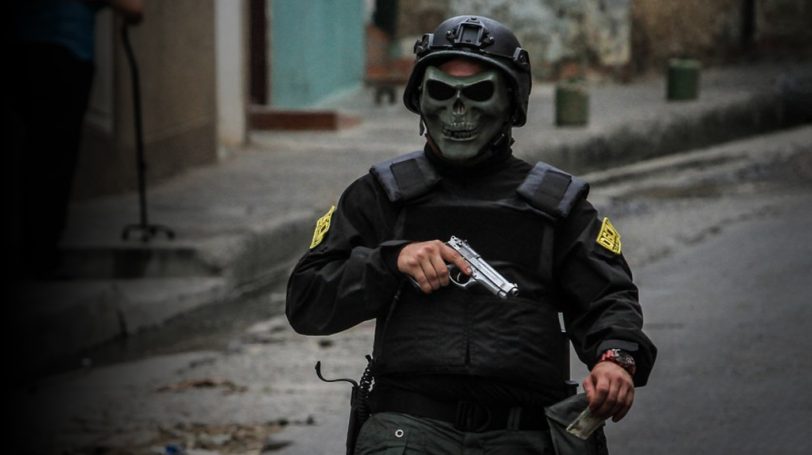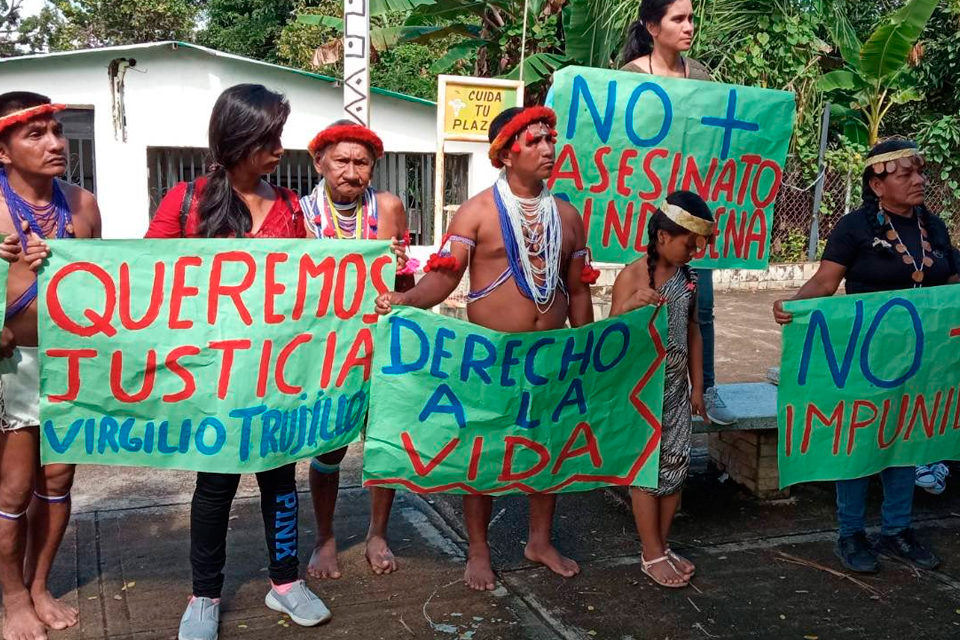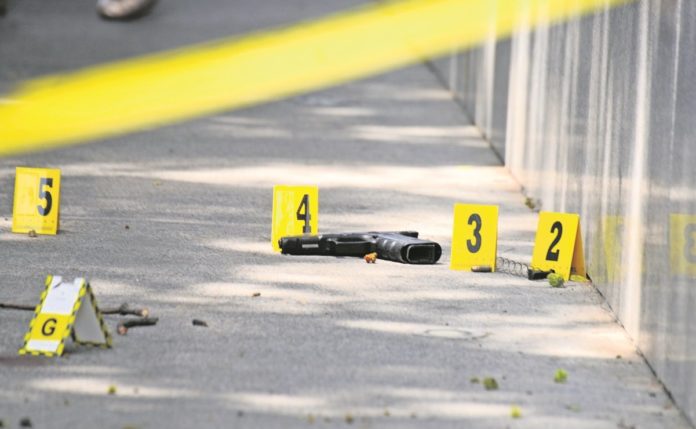When the government of Hugo Chávez advanced the process known as police reform in 2006, it was agreed to dissolve the Caracas Metropolitan Police. One of the main reasons for the decision was its massive record of human rights violations and high levels of corruption that made the reform of the security body impossible. The most reasonable decision then was to dissolve it.
A similar recommendation was made two years ago by the United Nations High Commissioner for Human Rights, as well as the Fact-Finding Mission on Venezuela, regarding the Special Action Forces of the Bolivarian National Police, an elite body turned death squad and frequently accused of police executions and robberies in houses where they carry out raids.
The Bolivarian National Guard (GNB) is not far behind in terms of an extensive record of abuses. The vast majority of the 222 alleged executions carried out by the Armed Forces in 2020 were attributed to the National Guard. The participation of this organ in citizen security operations is accompanied by serious violations of the right to life.
One of the most questioned activities of this military component has to do with the setup of street checkpoints, and reports of abuses by officials at checkpoints are on the rise. Rather than guaranteeing security, checkpoints seem to have become the excuse to strip travelers of their belongings or truck drivers from their cargo, besides the compulsive collection of money through the abuse of power.
During the floods that recently affected the valley of Mocotíes river in the state of Mérida, the images of the blocking of the humanitarian aid channeled through sectors of the Catholic church generated widespread indignation due to the lack of solidarity and humanism.
In the years of widespread protests in the country from 2014 to 2017, the National Guard holds a large record of serious human rights violations. Members of the National Guard are allegedly responsible for the death of several of the people killed in protests. Arbitrary detentions, ill-treatment and torture, and even attacks on people’s homes with tear gas are some of the accusations documented by human rights organizations and international and national media.
Complaints abound regarding the National Guard’s actions in border areas and its alleged participation in smuggling activities.
An analysis of the press releases of the Public Ministry reveals innumerable cases where GNB officials appear under investigation for different crimes.
As in any police and military organization, it is unfair to affirm that all the officials who are members of the Bolivarian National Guard are unfaithful to the code of honor, but there is no doubt that an important number do not act under the code of honor but under the code of money.
Whenever we talk of abuses by police and military forces, we focus on the need to reform or dissolve the police forces, but what about the military?
We must open a serious and responsible debate about the situation in the Bolivarian National Guard. Discontent over its performance is growing. The honest members of the armed forces, those opposed to practices of corruption and abuse, should be the ones having the greatest interest in advancing this conversation for the good of the institution.
The discussion must consider whether dissolution is a good alternative, as was the case with the Metropolitan Police in 2006. At times when problems become so diverse and structural, reforms may fall short.
Translated by José Rafael Medina




